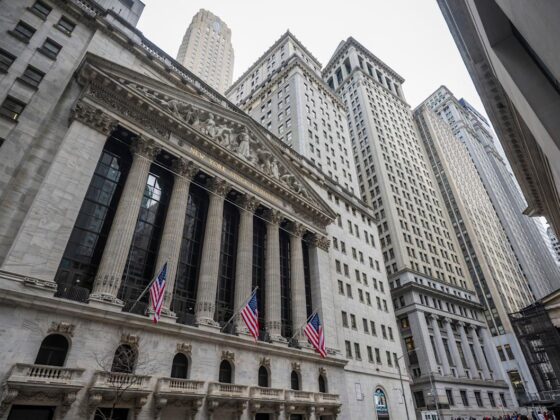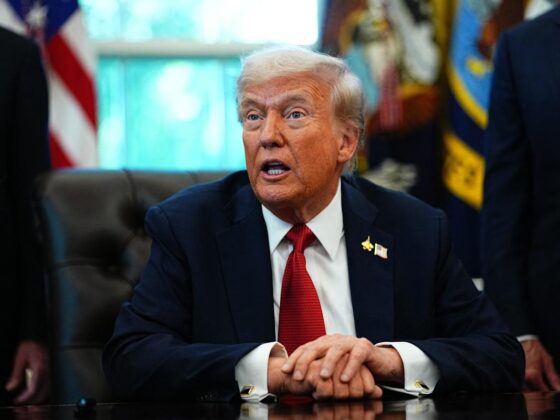European stocks ended mixed on Tuesday while Wall Street indices diverged after marching towards records as investors weighed up the prospects for US trade deals ahead of President Donald Trump's July 9 tariff deadline.
Asian markets ended mixed after both the S&P 500 and the Nasdaq hit records on Monday, with Shanghai rising but Tokyo sinking more than one percent after Trump threatened more tariffs on Japan in a row over rice and autos.
Profit-taking pulled those two indices lower in early US deals, while the Dow continued to close in on a record high.
“The next few days are going to be testing times for governments in many parts of the world as they try to hammer out trade deals with the US,” said Dan Coatsworth, an investment analyst at AJ Bell.
While few trade agreements have been reached so far, the week began with some optimism as Canada and the United States agreed to restart trade talks after Ottawa scrapped a digital services tax contested by US tech giants.
Comments from Trump and some of his top officials also suggested the deadline was flexible, and that several pacts were nearly completed.
“We expect risk sentiment to remain shaky until a deal is agreed… investors are on pause for now and are waiting for concrete news before making their next move,” said Kathleen Brooks, research director at trading group XTB.
The dollar managed to advance but remained under pressure after its worst start to the year since 1973, with confidence deteriorating among many foreign investors since Trump returned to the White House.
The Dollar Index, which compares the greenback to a basket of major currencies, fell 10.8 percent in the first half of the year, its steepest decline since the dollar became the global benchmark currency.
Investors increasingly expect the Federal Reserve to cut rates at least twice this year — with Trump having loudly criticised Fed chief Jerome Powell for not doing so sooner — and all eyes will be on US jobs data due this week.
Powell hit back on Tuesday at a central bankers' gathering in Portugal, insisting that the Fed must remain “completely non-political” to successfully pursue its strategy of financial and economic stability.
Investors are also keeping an eye on Trump's multitrillion-dollar tax-cutting bill, whose passage remains uncertain over concerns that it will add $3 trillion to US deficits.
The dollar's recent weakness reflects “ongoing concerns over trade, tariffs, national debt and central bank independence”, said David Morrison at Trade Nation.












